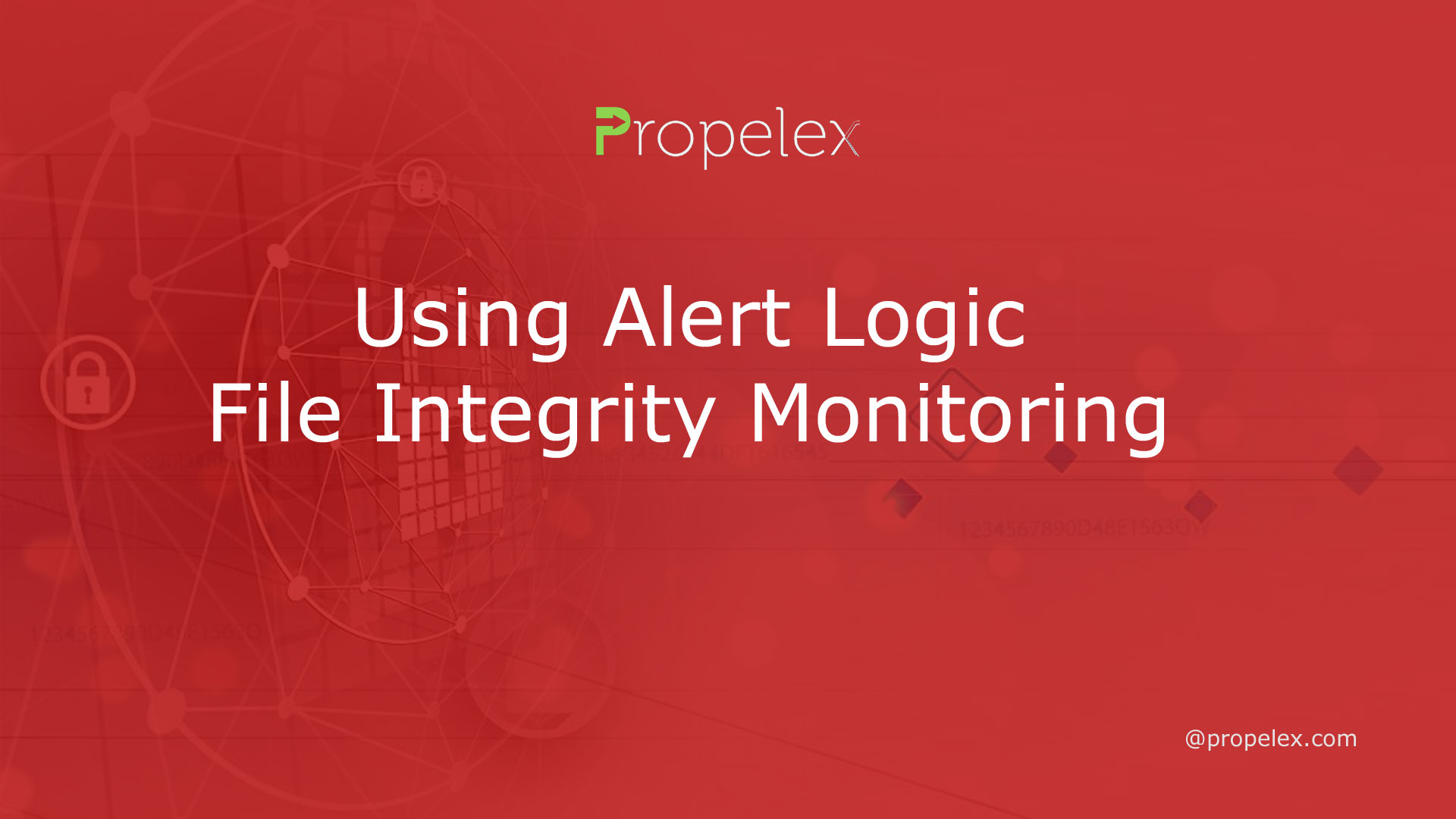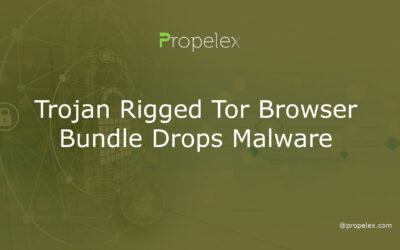Alert Logic File Integrity Monitoring can be an invaluable asset to guarantee the files on your network are in order. You might need to meet PCI DSS requirements or create a baseline for files; additionally, you’ll receive notifications if a scheduled search yields no results.
Establish a foundation for files.
Companies must remain aware of their IT assets in today’s increasingly complex world. Securing configuration management is one way to do this, but it isn’t enough just to monitor file changes; for true effectiveness, companies need a comprehensive policy and testing procedure in place as well – which can be achieved with the aid of a file integrity monitoring tool.
The ideal FIM tools offer actionable intelligence. A single file modification can have a massive effect on the network, and file integrity monitoring tools alert your team of security risks. Furthermore, these solutions should offer an intuitive dashboard with top file paths, FIM event action trends, and snapshots all easily visible at a glance.
Finding the ideal file integrity monitoring solution can be a challenge. Some tools only monitor one path, while others allow configuration for entire directories. Alert Logic offers customizable monitoring for specific hosts or groups of hosts, making it ideal for larger environments.
Monitoring changes to files and directories associated with Alert Logic deployments
Alert Logic file integrity monitoring and deployments allow you to monitor changes to files and directories associated with them, helping to detect potential threats or unauthorized modifications. Furthermore, notifications can be configured for delivery through email, SMS or web-based applications.
The Alert Logic console provides a range of features that make it simple to configure and monitor your deployments. These include file type filtering, scheduling searches, and subscribing to notifications. Furthermore, an Exclusions page enables you to exclude specific directories or file types through the left navigation panel.
Once a change has been detected in an asset, you’ll receive an alert via email. However, if the change is larger than 10 MB, you won’t be able to view the results online; however, you can download a CSV file containing all relevant information regarding this change.
Receive notifications if a scheduled search does not yield results.
If you have a scheduled FIM search on a file, Alert Logic will send you a notification if it does not produce any results. This can be invaluable if you use the File Integrity Monitoring dashboard within Alert Logic’s console to quickly respond to malicious activity.
You can use the Alert Logic console to create custom report schedules with specific file paths and exclusions. Furthermore, you can add FIM searches and subscribe to notifications – especially helpful if you are using PCI DSS version of Alert Logic.
Once a file change is detected, it will be visible in the File Integrity Monitoring dashboard. You may also access reports generated from this console which include a SHA1 hash of the files, their host name, and file path – enabling you to quickly identify who made the change and carry out further investigations.
Comply with PCI DSS requirements
Merchants or businesses that handle credit card data must adhere to PCI DSS requirements set out by the Payment Card Industry Security Standards Council (PCI SSC).
The PCI DSS are technical security standards designed to safeguard online businesses that handle cardholder information. If not followed, businesses may face costly lawsuits and fines.
The PCI DSS applies to all organizations that accept, process or store credit card information. Violation of these requirements can cost your business hundreds of thousands of dollars and damage its reputation; however, there are ways to avoid these fines.
One option for protecting critical files on the operating system is File Integrity Monitoring (FIM) solutions. These tools monitor file integrity and alert users when changes take place.
The PCI DSS requires organizations to implement FIM (Field Instance Monitoring). These programs monitor changes made to files and directories on both Windows and Linux operating systems for compliance with PCI requirements.









